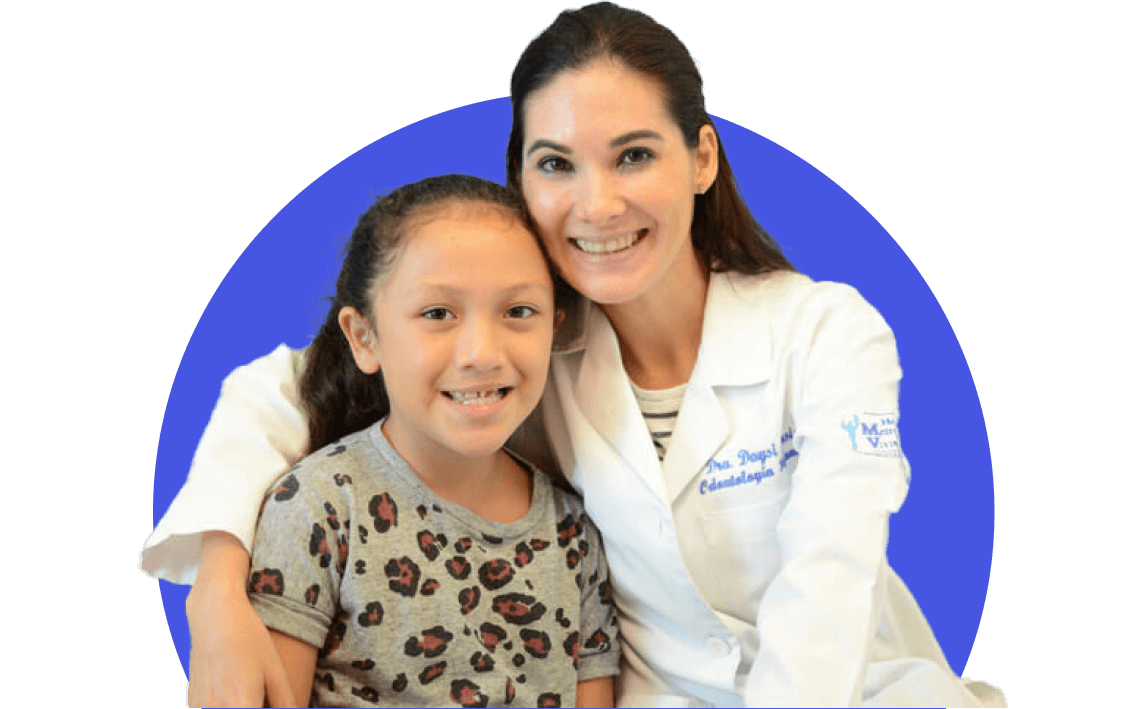- Cleft Home
- What is Cleft Lip and/or Palate?
- Prenatal Diagnosis
- Feeding Your Baby
- What is a Cleft Team?
- Surgery
- Hearing, Speech, and Dental Care
- Paying for Treatment
- Managing Feelings
- Craniofacial Conditions
- Toddlers and Preschoolers
- The School-Aged Years
- The Teenage Years
- Letter to a Teacher
- Information for Adults
- Support Organizations
- Learn More: Downloads
- Cleft Home
- What is Cleft Lip and/or Palate?
- Prenatal Diagnosis
- Feeding Your Baby
- What is a Cleft Team?
- Surgery
- Hearing, Speech, and Dental Care
- Paying for Treatment
- Managing Feelings
- Craniofacial Conditions
- Toddlers and Preschoolers
- The School-Aged Years
- The Teenage Years
- Letter to a Teacher
- Information for Adults
- Support Organizations
- Learn More: Downloads
How can I process the news of my baby’s diagnosis?
It is normal to have a range of feelings when you learn the news of your child’s cleft lip and/or palate, whether you find out during an ultrasound or when the baby is born. It is not unusual to feel anxiety, anger, guilt, and grief along with joy, love, and excitement.
Some parents have trouble coping. A member of the cleft team can refer you to a mental health professional who is familiar with this issue and can help. Some treatment teams also offer parent support groups. These groups have many benefits. Talking with others can help you cope. It can also help you realize that you are not alone.
How can I tell relatives and friends about my baby’s condition?
In order to share the news with others, you first need to educate and care for yourself. It is important to allow space to process your own emotions. If you have questions about your child’s care, be sure to ask the treatment team. While not all questions can be answered right away, it may be helpful to gather information and to take time to work it through. This way, you will be able to have informed conversations with friends and family when you are ready.
It is important to be honest and direct with loved ones about your child’s condition. Their support can be extremely valuable for you and for your child. Having support can even have a positive effect on treatment, starting in infancy and extending into childhood and beyond.
Watch the forum: Recognizing Medical Anxiety in Patients with Cleft – Implementing Coping Strategies and Self-Advocacy
Passcode: xxn@51@8



